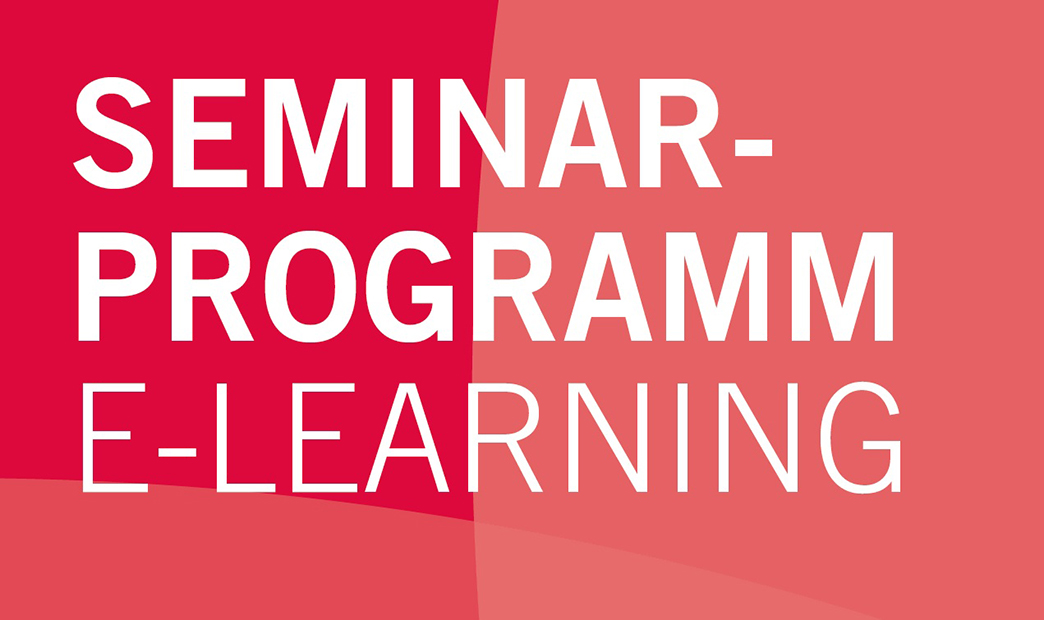Online Open Source Journal Club Initiative
Online local Open Source Journal Club Initiative
Overview/Introduction
There is a grassroots journal club initiative called ReproducibiliTea aimed at helping early career researchers to create local Open Science journal clubs at their universities to discuss diverse issues, papers and ideas about improving science, reproducibility and the Open Science movement. ReproducibiliTea started in early 2018 at the University of Oxford, and has now spread to 85 institutions in 23 different countries with further chapters in Cambridge, Copenhagen, Leiden, Munich (LMU), London (UCL), and Leuven. How about Heidelberg?
Keywords: Journal Club, improving science, improving reproducibility, reproducible results, Open Science
Provider: completely volunteer run
Languages: English (primarily)
Target group: early career researchers
Format: a unique and supportive community for the members to independently set up and run local chapters
Access: https://reproducibilitea.org/
Contents (descriptions taken from the ReproducibiliTea-website):
“ReproducibiliTea journal clubs help early career researchers build a local community of ECRs interested in open and reproducible research. […] It has proven to be a success in Oxford, where it was founded in spring 2018 by Sophia Crüwell, Amy Orben, and Sam Parsons (then Masters student, PhD student, and early postdoc respectively). Since then, it has received widespread international recognition. There are now 84 other ReproducibiliTea Journal Clubs, with more joining at an increasingly faster rate. Setting up a ReproducibiliTea Journal Club is easy, free and does not need any admin approval. In a ReproducibiliTea Journal Club, papers are selected that are broadly relevant to the replication crisis and scientific improvements. The journal club is advertised around the department or university, raising awareness of reproducibility and Open Science in the process. The chosen papers are then discussed during regular journal club meetings, often over cups of tea, lunch or snacks.”



